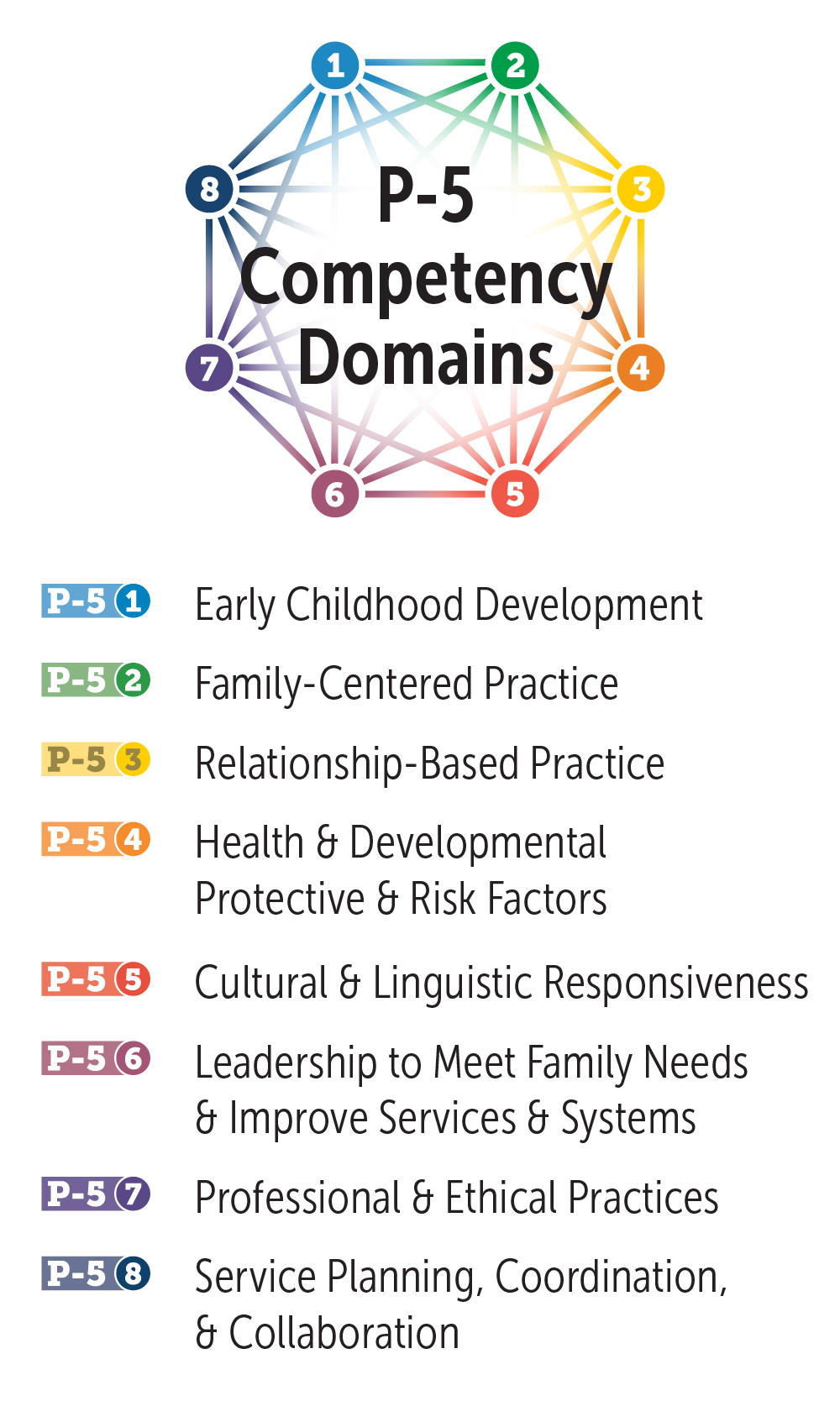
AC21 - IIA - Part 1: Holding Steady While Moving Ahead—Exploring the Process of Making Meaning
The dramatic circumstances of the past year and a half have provided an opportunity for critical self-reflection and examination of practices in the infant and early childhood mental health field related to the meaningful promotion of social justice, diversity, equity, and inclusion. Part 1 of this session will be a discussion of one such organization’s process. The Reflective Supervision Collaborative had their work reviewed by a diverse panel of reflective supervision experts to consider ways that the project could more effectively infuse issues of social justice, diversity, equity, and inclusion and then brought these reviewers into the group to work together to expand cherished ideas related to reflective supervision. Part 1 will provide a discussion of this process including the tensions that arose, approaches used to move ideas ahead, and the deepening and expansion of ideas that ensued.

Kadija Johnston
Independent Consultant & Adjunct Professor
Georgetown University, Center for Child and Human Development
Kadija Johnston LCSW is a clinical social worker who has been a practitioner in the field of infant and early childhood mental health (IECMH) since 1985. She is an independent consultant and Adjunct Professor at Georgetown University's Center for Child and Human Development where she is contributing her expertise and experience in early childhood mental health consultation to the SAMHSA supported Center of Excellence for IECMH Consultation and the National Center for Health, Behavioral Health and Safety. Ms. Johnston is the past Director of the Infant- Parent Program at the University of California, San Francisco where she pioneered an approach to IECMH Consultation that serves as a model for other organizations, locally, nationally, and internationally. Ms. Johnston is active in several national early childhood mental health organizations, including being a founding member of the Reflective Supervision Collaborative and RAINE, a Southwest Human Development sponsored group of national experts advancing practice, policy and research in ECMH Consultation. She writes and lectures nationally on infant and early childhood mental health related topics. In addition to numerous articles, she co-authored the book Mental Health Consultation in Child Care: Transforming Relationships With Directors, Staff, and Families. In the final phase of her professional journey, Kadija is committed, and devoting energy to authentically instilling equity, diversity, and inclusion principles with greater intentionality and more explicitly in all her endeavors. To this end, she is currently co-facilitating several communities of practice and providing webinars directed at the intersection of equity and IECMH Consultation practice. She is a national trainer on the Diversity-Informed Tenets for Work with Infants, Children, and Families
Carmen Rosa Noroña
Child Trauma Clinical Services and Training Lead Boston Site ETTN Associate Director
Child Witness to Violence Project | Boston Medical Center
Carmen Rosa Noroña, LICSW, MS. Ed., IECMH-E® is originally from Ecuador where she trained and practiced as a clinical psychologist. In the United States she obtained master’s degrees in social work and in early intervention. She serves as the Child Trauma Clinical Services and Training Lead and the Boston Site Associate Director of the Early Trauma Treatment Network at the Child Witness to Violence Project at Boston Medical Center. She is an Assistant Professor of Pediatrics at Boston University School of Medicine, a Child-Parent Psychotherapy National Trainer, an expert faculty of the DC: 0-5 Training. She is also a co-developer of the Diversity-Informed Tenets Initiative, the BMC Family Preparedness Plan for Immigrant Families and of the National Child Traumatic Stress Network (NCTSN) Being Anti-Racist is Central to Trauma-informed Care: Principles of An Anti-Racist, Trauma-Informed Organization. As a clinician, supervisor, trainer and consultant Ms. Noroña’s work has focused on understanding the impact of historical trauma, displacement and colonization in young children in minoritized families and implementing interventions tailored to their unique strengths, needs and socio-cultural-historical, racial ethnic and linguistic contexts. Ms. Noroña is also committed to addressing the intersection of systemic inequities and secondary traumatic stress in the workforce via promoting diversity-informed reflective consultation/supervision, skills training, Radical Healing strategies and organizational accountability. At the NCTSN she is a member of the Steering Committee, a core faculty of the Being Anti-Racist is Central to Trauma-Informed Care Initiative, and co-chair of the Latin American Families Collaborative group. Ms. Noroña has contributed to the literature in infant and early childhood mental health, reflective supervision, diversity and immigration and has adapted and translated materials for Spanish-speaking families affected by trauma
Salam Soliman
Director, Center for Prevention and Early Trauma Treatment
Child First
Dr. Soliman is the Director of the Center of Prevention and Early Trauma Treatment at Child First. In that role, she oversees all this federal grant requirements which include replication of the Child First model, system development in the form of providing evidence-based training and consultation services in communities across the US as well as developing training for providers working with young children and helping create systems that work to support families and young children. Salam is also involved in many national initiatives including a leadership role in the development of a Reflective Supervision Curriculum. In collaboration with Louisiana State University Health Center and School of Medicine, Salam is also the Coordinator for the NCTSN Disaster and Terrorism Northeast Coalition for Connecticut. She is also a Board Member for APA Division 39, Section II and serves as a consultant for KKH Hospital in Singapore. Dr. Soliman serves on the Zero to Three Annual Event Workgroup and the MIECHV Child Maltreatment Workgroup. She has also presented at several national and international conferences covering a variety of topics including supervision, mindfulness, and attachment-based interventions. Her primary interests include attachment and trauma and outcomes associated with ongoing reflective supervision.

